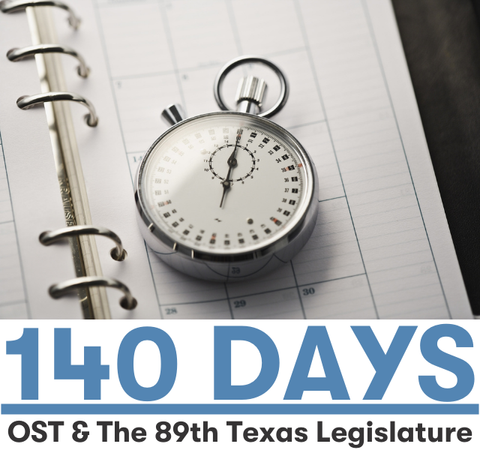Legislative Work Picks Up Pace
March 20, 2025

The bill filing deadline was last Friday, March 14, and with that first major deadline behind us, the 89th Legislative Session is in full swing. Both the House and the Senate filed more legislation than they did in the previous session, with a total of nearly 8,900 bills and joint resolutions filed. Of those, roughly 50% have been referred to a committee of jurisdiction, the next step in the process. Only 849 bills were filed on the day of the deadline, one of the lowest numbers in the last 20 years.
Of particular note at this point in the process, the Senate has made far more progress than the House on passing bills out of committees, with nearly 100 bills already nearly ready to pass out of the chamber. In the House, by contrast, only five bills have made it this far. The number also dwarfs the Senate’s pace two years ago, when they passed only 13 bills out of committee by the 60th day.
In a typical session, only approximately 15-20% of the bills filed will actually become law. The rest will languish at some earlier point in the process, held up by procedural roadblocks or personal opposition by a legislator or group of legislators. Bill passage is all the more impressive because this middle chunk of the session is when the bulk of policy debate and refinement occurs. After early to mid-May, policymakers will hit another series of deadlines that cull the list of viable bills down rapidly.
The next 60 days will be characterized by lengthy debates in committees on the session’s biggest bills and more and more floor debates on contentious issues. Even on those items where the majority of legislators agree that something must be done, there is often a difference in approach between the House and the Senate.
For example, both the House and Senate have proposals to address school finance, property tax reductions, and investing in water & water infrastructure. However, in each of these instances, the two chambers have prioritized different elements in legislation that will need to be reconciled as the legislative process continues.
Specifically in education, the House Committee on Public Education has considered legislation both to fund school districts more and to create a voucher, or education savings account, program. Both HB 2 and HB 3 have been brought up for debate in a public hearing and left pending in the committee. This is a common next step any time there is considerable debate on legislation in a committee, and it typically indicates that substitute legislation will ultimately be voted out.

